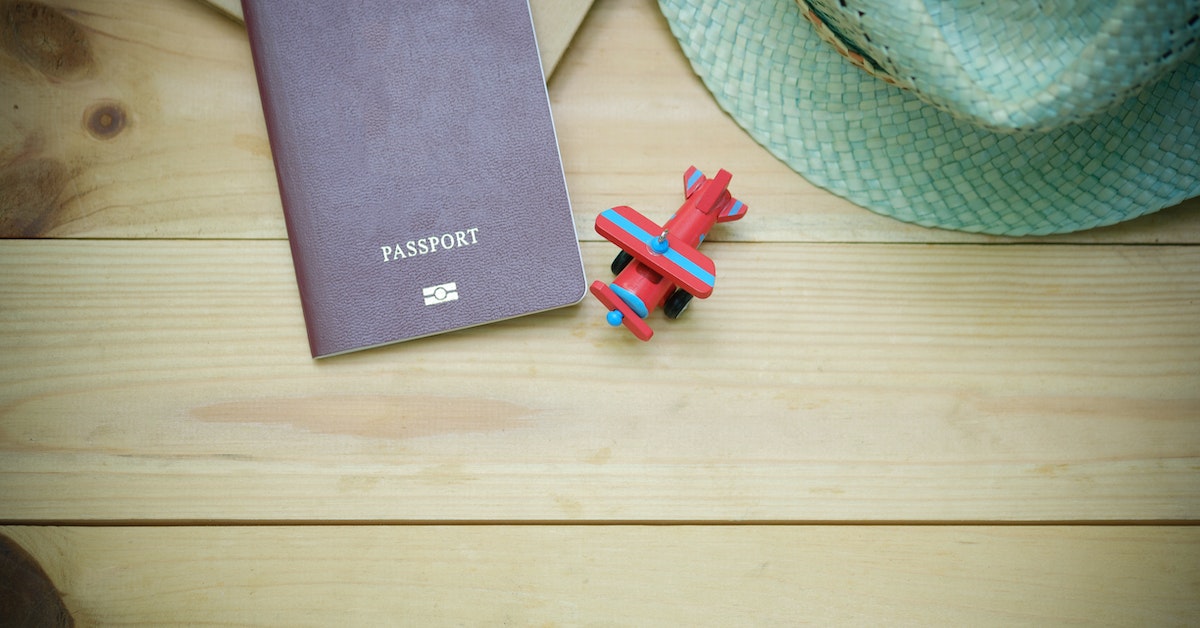Do both parents have to sign for a child’s passport Australia?
If you intend to travel internationally with your child, you must apply for a passport for them. However, obtaining a passport for a minor requires more than just completing a form and paying the fee.
You must also obtain the consent of the child’s other parent or any other individual with parental responsibilities.
This article explains the laws and requirements for obtaining a child’s passport in Australia and what to do if the other parent’s consent cannot be obtained.
Do You Need Both Parents’ Signatures For A Passport in Australia?
Yes, in Australia, the general rule is that a parent’s consent is required for a child’s passport application.
Each person with parental responsibility must provide written consent. This ensures both parties know about and agree to the child’s overseas travel.
What if One or Both Parents Do Not Consent to a Child’s Passport?
The only way to guarantee that the Department of Foreign Affairs and Trade will issue a passport without full parental consent is to obtain a court order allowing the child to have an Australian passport without the signature of the other parent.
This involves normally hiring a family lawyer who can help you obtain this order in court.
Need a Lawyer?
What Can You Do to Get Your Child a Passport When the Other Parent Refuses Signing the Application?
Compose a written appeal to the Approved Senior Officer at the Department of Foreign Affairs and Trade (DFAT) seeking approval for your child’s passport based on special circumstances.
In your written appeal, please ensure to include the following:
- A duplicate of the letter you initially dispatched to the other parent, requesting their written authorisation for the child’s passport application
- An authenticated copy of the child’s Birth Certificate
- A copy of the travel agenda and flight tickets, assuming you have already scheduled the travel
- An authenticated copy of the final Court-made parenting order
Subsequently, DFAT will evaluate and decide whether to issue the passport based on the unique circumstances presented.
What Are The Special Circumstances DFAT Considers In The Absence Of Full Consent Or A Court Order That Permits The Child To Travel?
DFAT considers granting a child a passport in special circumstances under paragraph 11(2) of the Australian Passports Act 2005 and section 10 of the Determination 2015.
Special cases include:
- the availability of child welfare orders
- failure to contact the non-consenting person for a reasonable amount of time
- the absence of communication with the other parent for an extended amount of time
- a court order issued by a nation that is a signatory of the Hague Convention on the Civil Aspects of International Child Abduction, authorising a child to obtain a travel document, travel abroad, or communicate with an individual outside the country.
How to Apply for Special Circumstances?
To request consideration for special circumstances, along with the passport application form, you must complete the appropriate additional form based on your situation:
- If the child’s birth certificate lists only one parent, and there is no Australian court order related to parental responsibility or guardianship, complete DFAT’s B8 form.
- If a court order from an Australian state or territory court transfers parental responsibility or guardianship under child welfare law, use Form B10.
- For all other scenarios where any person with parental responsibility does not consent, fill out a separate form B9 for each individual.
Ensure you provide supporting evidence for your claim of special circumstances. Depending on the specific situation, examples of evidence could include:
- Family violence orders;
- Foreign court orders;
- Medical or police reports;
- Statements from government agencies
You must present the original documents if you possess any Australian court orders related to parental responsibility or guardianship for the child (not just the most recent one). Unless you complete a B10 form, accompany these court orders with a B7 form declaring no other court orders or ongoing legal proceedings.
What Happens When Your Special Circumstances Application Is Refused?
If the Australian Passports Office does not approve the ‘special circumstances’ request, here are the options you can pursue:
- Mediation: Mediation or family dispute resolution is another option to consider. If you disagree with the other parent about more than just the passport application, you may benefit from this option. During mediation, you can discuss issues like overseas travel and come to a mutually agreed decision.
- Initiating Application: If mediation is unsuccessful, you can file an initiating application. You will need to include an Affidavit in support of the Application, including all the relevant facts that will help your case. You must ask the court for an order permitting one parent to apply for and be issued a passport for the child.
- Obtain a Court Order: This order from a judge allows your child to have an Australian passport, travel internationally, or do both without the other parent’s consent. You must apply to the Federal Circuit and Family Court of Australia.
The court will want more information in your affidavit as to why you want to apply for a passport for the child.
You may need to explain your reasons for travel and whether you intend to return to Australia.
Can a Baby Travel Without Passport in Australia?
No, babies cannot travel internationally from Australia without a passport. Regardless of age, all Australian citizens, including infants and newborns, need a valid Australian passport to leave the country and return. This aligns with international aviation regulations, which require all passengers to carry individual travel documents, regardless of age.
What is a Child Alert Request?
If you are worried about your child’s welfare and fear the other parent may attempt to take your child overseas without your permission, you can lodge a Child Alert Request with the Australian Federal Police.
Do Both Parents Have To Sign For A Child’s Passport Australia?
If you are facing difficulties in obtaining a child’s passport due to the refusal or unavailability of the other parent, you may need legal advice and assistance.
At Walker Pender, we have experienced family lawyers who can help you navigate complex passport laws and protect your child’s best interests.
Don’t navigate this journey alone; contact Walker Pender today for your child’s passport needs.



